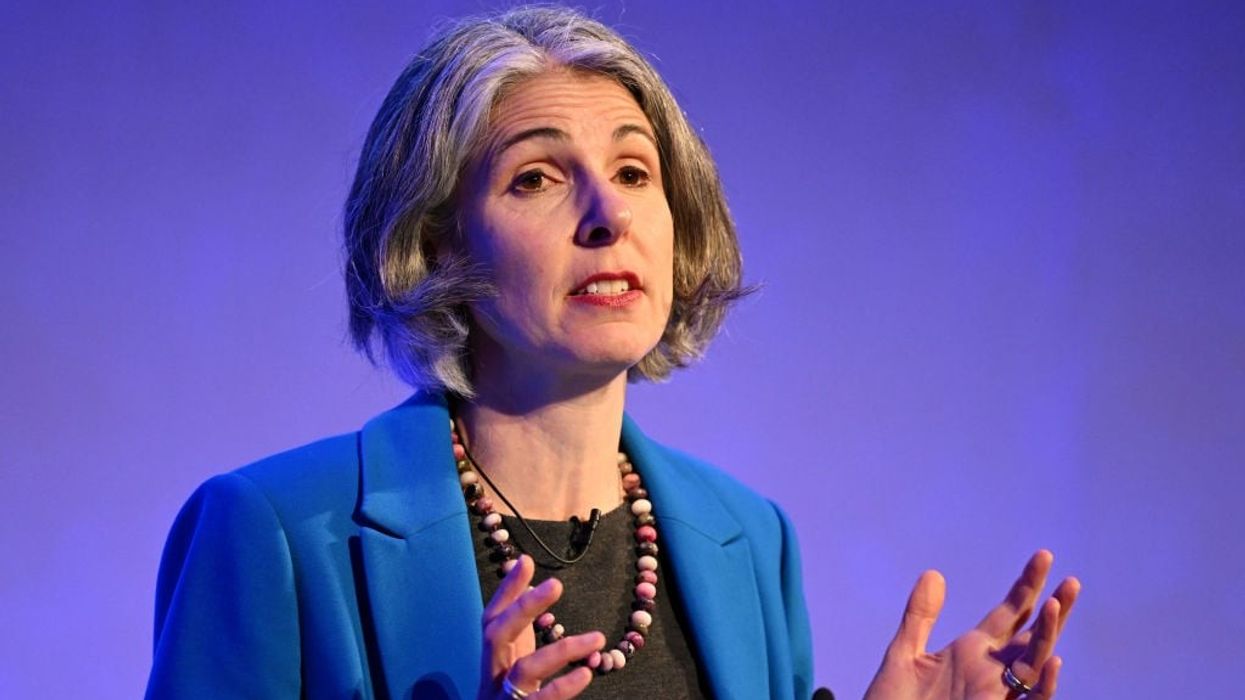BUSINESS lobby group, the CBI, has hit out over the Labour government's tax hikes on firms, saying the "heavy burden" risked cuts to hiring and investment.
The government's maiden budget last month contained a significant tax hike for businesses, which chancellor Rachel Reeves insisted was necessary to mend UK public finances and public services following its July election win.
"Tax rises like this must never again be simply done to business," Rain Newton-Smith, chief executive of the Confederation of British Industry, said as she addressed its annual conference.
Reeves said she is unlikely to repeat the "difficult decisions" in the budget, adding she will work with businesses to deliver sustainable economic growth.
Businesses bore the brunt as Reeves increased employers' so-called national insurance contributions -- which is set to bring in £25 billion.
Newton-Smith said the hike caught companies "off guard".
Prime minister Keir Starmer's government committed to not raising taxes on "working people" in its first budget after 14 years of Tory rule.
There are concerns, however, that the tax measure will impact employee salaries as companies look to claw back money.
"The budget just made it harder for our firms to take a chance on people," Newton-Smith said.
"Across the board, in so many sectors, margins are being squeezed, profits are being hit by a tough trading environment that just got tougher," she said.
"I have heard lots of responses to the government's first budget -– but I have heard no alternatives," Reeves said.
The chancellor added that "difficult decisions had to be made" which meant asking "businesses and the wealthiest to contribute more".
Data last week showed that private-sector activity contracted slightly in November, which some analysts said was a result of uncertainty ahead of the budget and decisions taken in it.
Labour is also planning major reforms to workers' rights, pitting unions against businesses.
The bill contains key pre-election pledges, including a ban on zero-hours contracts, improvements to sick and maternity pay, and measures aimed at making it harder for employers to sack staff.
Other proposals are for increased flexibility around working hours and greater protection against sexual harassment in the workplace.
The CBI cancelled last year's annual conference after being caught up by allegations of sexual misconduct at the lobby group.
That caused an exodus of member companies though some have since returned. Newton-Smith last year replaced Tony Danker, who departed over a separate misconduct allegation.
(AFP)





